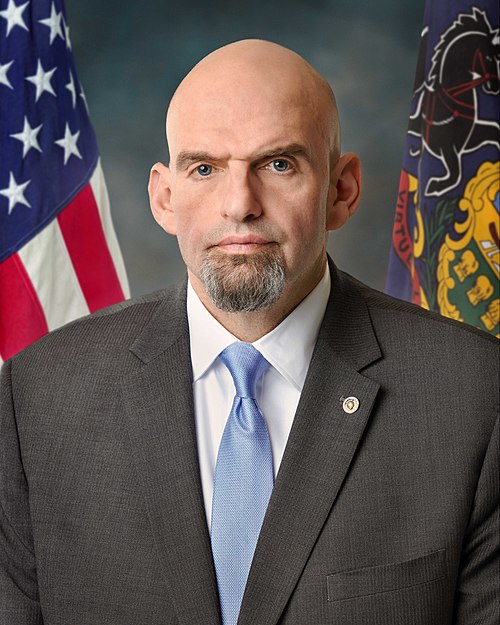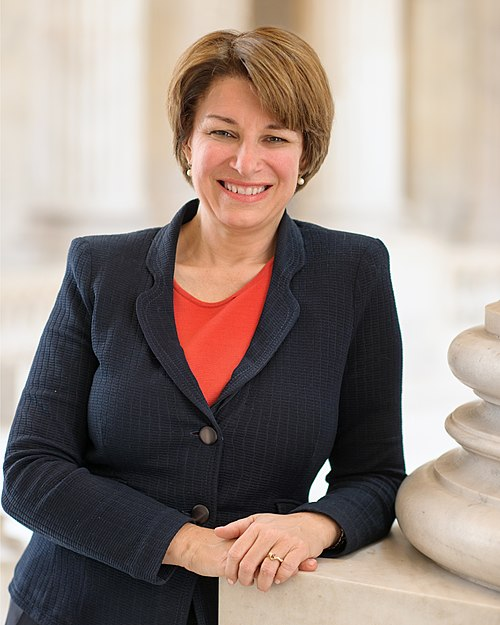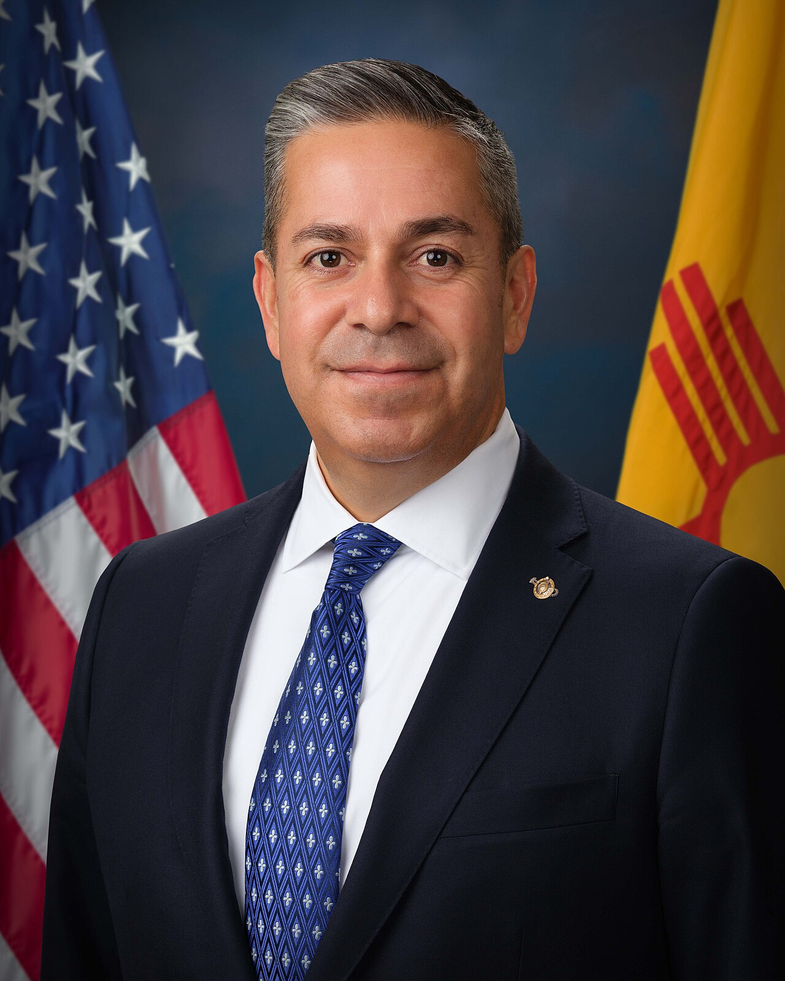S. 2072: Maximizing Opioid Recovery Emergency Savings Act
The bill titled the "Maximizing Opioid Recovery Emergency Savings Act" (MORE Savings Act) proposes several key changes to the way opioid use disorder treatments are covered under Medicare and other health insurance programs.
1. Elimination of Cost-sharing for Opioid Treatments
The bill aims to eliminate cost-sharing requirements, such as copayments, coinsurance, and deductibles, for certain opioid-related treatments under Medicare, specifically:
- Medications: Drugs used to treat opioid use disorders or to reverse overdoses.
- Behavioral Health Services: Services provided for the treatment of opioid use disorders, which can include non-hospital residential treatment facilities.
- Recovery Support Services: Services that help individuals maintain a healthy lifestyle following treatment, such as peer counseling and transportation assistance.
2. Implementation Model for States
The bill proposes a model to be implemented in 15 selected states, focusing on those with a high proportion of Medicare beneficiaries, high rates of overdose deaths, and significant rural areas. These states would be encouraged to adopt the new rules for coverage of opioid treatments within six months of the bill's enactment.
3. Coverage Requirements for Health Plans
The legislation also mandates that group health plans and health insurance issuers provide coverage of the aforementioned opioid treatments without imposing any cost-sharing. The requirements will apply to:
- Prescription drugs for opioid use disorders or overdose reversal.
- Behavioral health services for opioid treatment in licensed facilities.
- Community recovery support services related to treatment.
4. Enhanced Federal Match for Medicaid Treatment
The bill proposes a higher federal match rate for state Medicaid programs offering medication-assisted treatment and recovery support services, increasing the federal contribution to 90% for these treatments to incentivize states to provide better access to services for individuals dealing with opioid use disorders.
5. Effectiveness Timeline
The amendments made by this bill are scheduled to come into effect for plan years starting on or after January 1, 2027, ensuring a specific timeline for the implementation of these provisions.
Relevant Companies
None found
This is an AI-generated summary of the bill text. There may be mistakes.
Sponsors
6 bill sponsors
Actions
2 actions
| Date | Action |
|---|---|
| Jun. 12, 2025 | Introduced in Senate |
| Jun. 12, 2025 | Read twice and referred to the Committee on Finance. |
Corporate Lobbying
0 companies lobbying
None found.
* Note that there can be significant delays in lobbying disclosures, and our data may be incomplete.
Potentially Relevant Congressional Stock Trades
No relevant congressional stock trades found.





